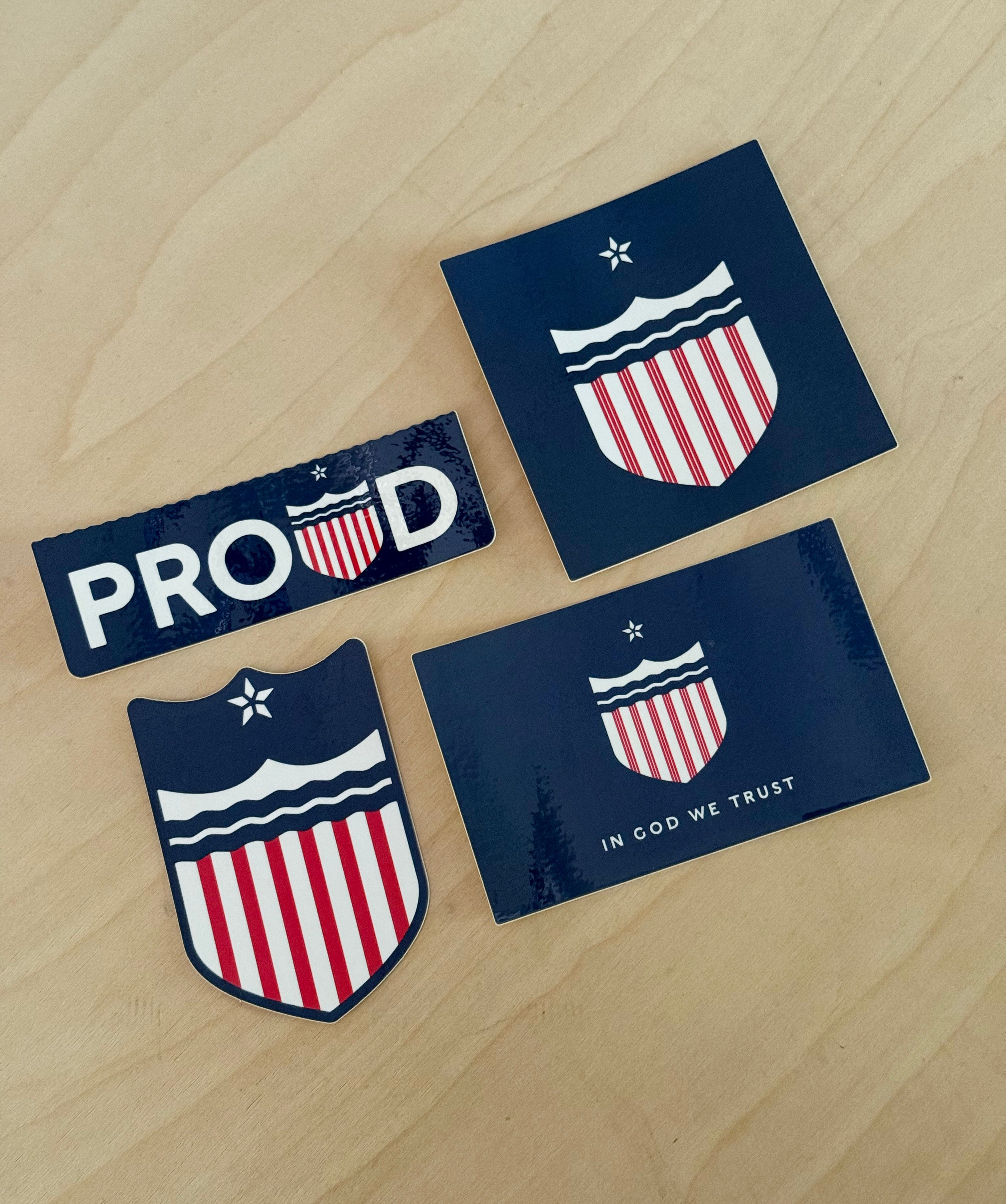My people.

Indigenous Peoples Day. My people. People I know too little about, but have started to learn more.
I'm Cherokee. I've been a registered member of the Nation since 1999. My dad helped me file the paper. I didn't think a lot of it at the time.
We trace our lineage up to my great great Grandfather Henry, who was on the final rolls of the Five Civilized Tribes closed March 4, 1907. Rolls that were filled in Oklahoma, but our ancestors were in the mountains of Eastern North Carolina. In 1835, a few self-appointed representatives of the Cherokee nation negotiated the Treaty of New Echota, which traded all Cherokee land east of the Mississippi for $5 million, relocation assistance and compensation for lost property. To the federal government, the treaty was a done deal, but many of the Cherokee felt betrayed; after all, the negotiators did not represent the tribal government or anyone else.
Were my ancestors ones who were willing to leave? Did they want to stay? In the end, it didn't matter. They were forced to leave our home. The Trail of Tears. That was my our journey west.
We'd visit Miami Oklahoma growing up. That's where my great grandparents lived. Though in talking with my grandpa Ross, they gotten there by moving around from Talala, Coffeyville (KS), Tulsa, Iola (KS). I remember a gaudy Teepee souvenir shop somewhere between Arkansas and Oklahoma. That was about as Indian as I felt. An imposter. One who didn’t belong.
But the Cherokee, the largest tribe in the US, think of it another way. If you have just one drop of blood, you are family.
This past year, dad moved home. He'd been driving through the Cherokee National Forest for years, and finally found a piece of property. With an old cabin and a creek running though the land. He sold the farm in Paint Rock, Ala. and moved to the Highlands.
I haven't visited yet, but when I do, I'll be home at last.
I'm Cherokee. I've been a registered member of the Nation since 1999. My dad helped me file the paper. I didn't think a lot of it at the time.
We trace our lineage up to my great great Grandfather Henry, who was on the final rolls of the Five Civilized Tribes closed March 4, 1907. Rolls that were filled in Oklahoma, but our ancestors were in the mountains of Eastern North Carolina. In 1835, a few self-appointed representatives of the Cherokee nation negotiated the Treaty of New Echota, which traded all Cherokee land east of the Mississippi for $5 million, relocation assistance and compensation for lost property. To the federal government, the treaty was a done deal, but many of the Cherokee felt betrayed; after all, the negotiators did not represent the tribal government or anyone else.
Were my ancestors ones who were willing to leave? Did they want to stay? In the end, it didn't matter. They were forced to leave our home. The Trail of Tears. That was my our journey west.
We'd visit Miami Oklahoma growing up. That's where my great grandparents lived. Though in talking with my grandpa Ross, they gotten there by moving around from Talala, Coffeyville (KS), Tulsa, Iola (KS). I remember a gaudy Teepee souvenir shop somewhere between Arkansas and Oklahoma. That was about as Indian as I felt. An imposter. One who didn’t belong.
But the Cherokee, the largest tribe in the US, think of it another way. If you have just one drop of blood, you are family.
This past year, dad moved home. He'd been driving through the Cherokee National Forest for years, and finally found a piece of property. With an old cabin and a creek running though the land. He sold the farm in Paint Rock, Ala. and moved to the Highlands.
I haven't visited yet, but when I do, I'll be home at last.



